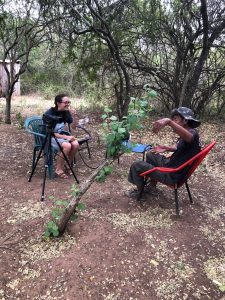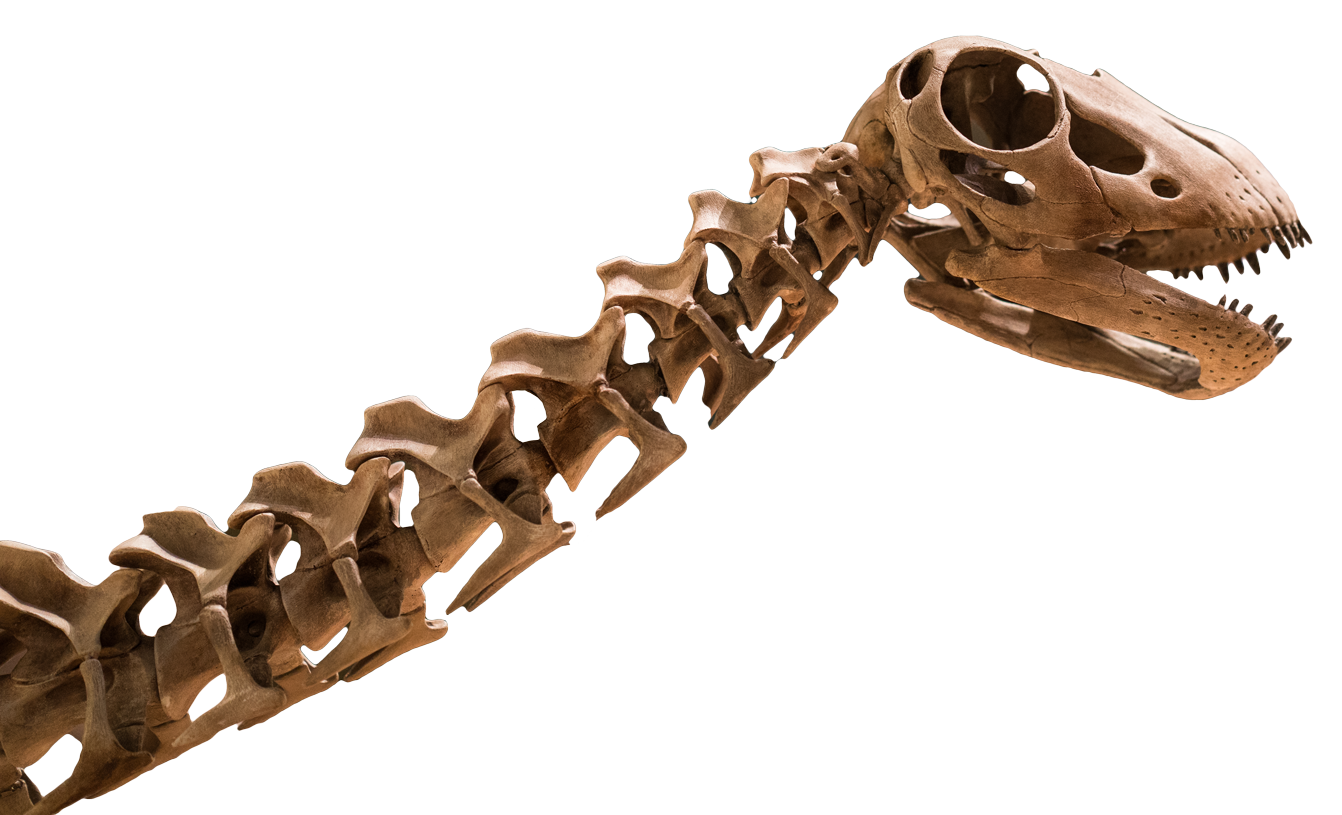One hundred and 20 hours of Enenlhet language documentation is now accessible online via the Archive of the Indigenous Languages of Latin America. Raina Heaton, Ph.D., assistant professor of Native American Studies at the University of Oklahoma and assistant curator of Native American languages at the Sam Noble Museum, spent this past summer in Paraguay interacting with Enenlhet native speakers in order to document the language.

“There’s a group of about 2,000 people in central Paraguayan Chaco that speak the language, but they’ve been relocated from their native land, forced to abandon their traditional means of subsistence and are therefore currently undergoing a rapid, sociocultural shift,” said Heaton. “Because of this, their language has become endangered.”
In addition to the sociopolitical forces that threaten the language, Heaton said that the language has not been well researched.
“The labeling is wrong, and often the names associated with these Enenlhet people have been mixed up with the names of other related people, even though they speak different languages,” said Heaton. “When you find any scholarly records, it’s not clear which language they’re actually talking about.”
To combat this problem, Heaton spent two months this past summer in Paraguay with the support of the OU Junior Faculty Fellowship program. She collected 120 hours of audio and video data, as well as more than 300 pages of field notes. Heaton spoke with about 40 different people and the data she collected included Enenlhet ethnobotanical information on local mammals, reptiles, amphibians, birds and plants, both for medicinal and food usage. Heaton also collected data on Enenlhet grammatical structure.
“My goal is to write a dictionary and grammar,” said Heaton. “The community is particularly excited about the dictionary because none currently exist, and a dictionary is increasingly important as people become literate and want some standardization. Dictionaries are also an important sign of linguistic self-determination.”
Heaton currently has about 10 hours of language interviews fully translated and transcribed. As she continues to translate and transcribe the data, that information will also be available on the same website. All of the data can be downloaded and listened to for free.
“This is the first time transcripts and recordings of the Enenlhet language have been made publicly available,” said Heaton. “This community wants to share their language; it’s different from Spanish and from other indigenous languages in the region.”
To view the Enenlhet language data collection, visit: https://ailla.utexas.org/islandora/object/ailla%3A266557.


